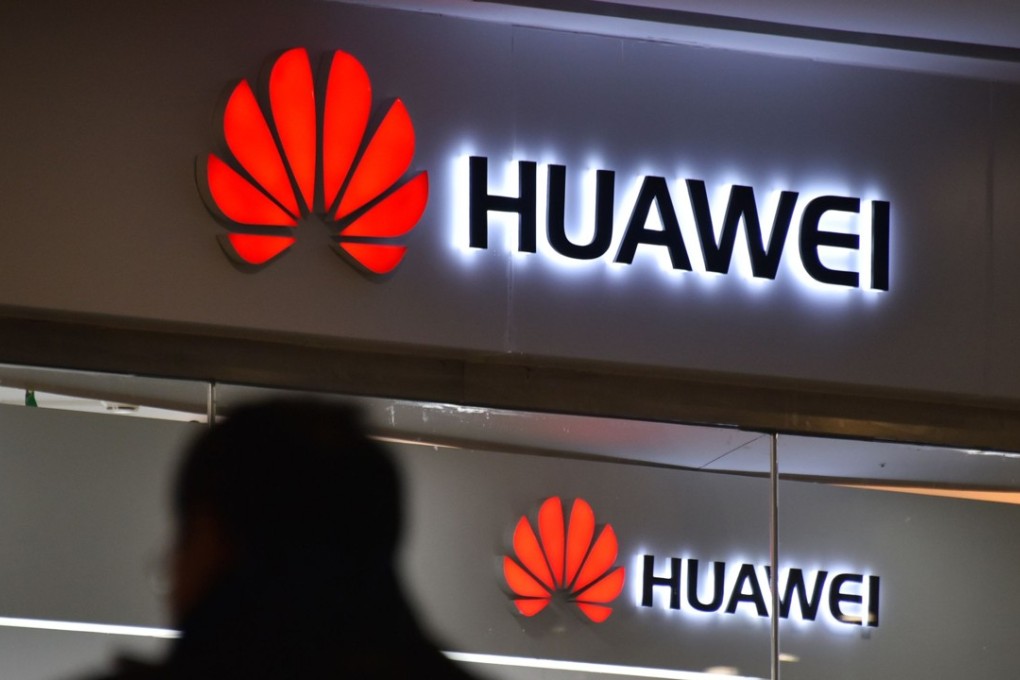China tries to walk a tightrope as nationalist backlash over Huawei case threatens to derail US trade talks
- Government continues to urge US and Canada to release Sabrina Meng Wanzhou, but Beijing does not want to imperil the current talks to resolve the trade war with Washington

As Huawei’s finance chief Sabrina Meng Wanzhou seeks bail, Beijing is walking a fine line between defending one of the crown jewels of the country’s tech industry and preventing a nationalist backlash that could derail its trade talks with Washington.
The chief financial officer and heir apparent to the Chinese tech giant has applied for bail after she was arrested in Vancouver, Canada, on December 1 at the request of the United States.
With Meng due to return to court on Monday for her continuing bail hearing, which began last week, China has been ratcheting up the pressure on both Canada and the US for her release.
Over the weekend, Chinese foreign vice-minister Le Yucheng warned the Canadian ambassador to China that there would be grave consequences if Canada did not immediately release Meng.
China’s foreign ministry then summoned the US ambassador Terry Branstad to lodge a “strong protest” over the arrest, and called on Washington to withdraw its arrest warrant.